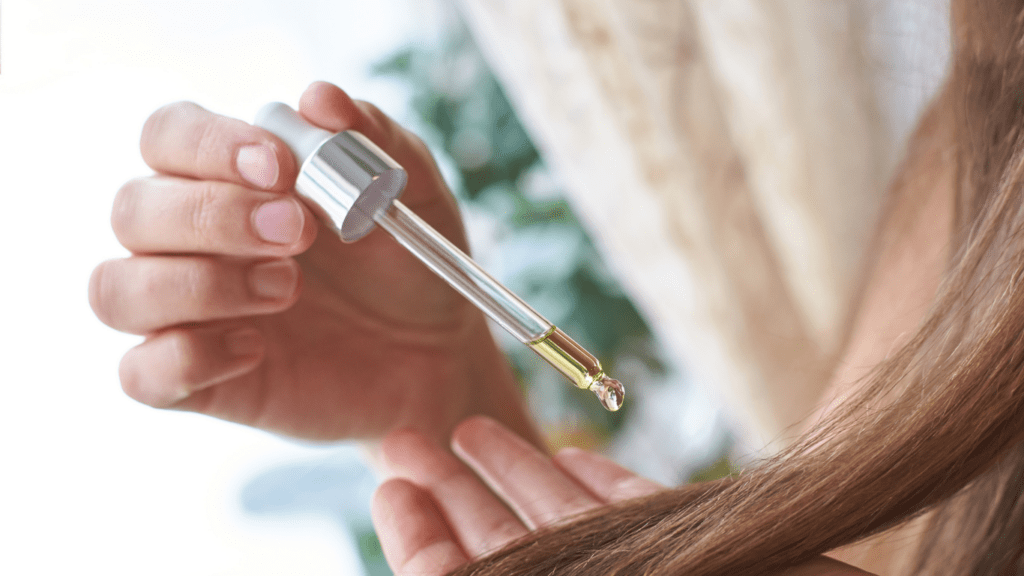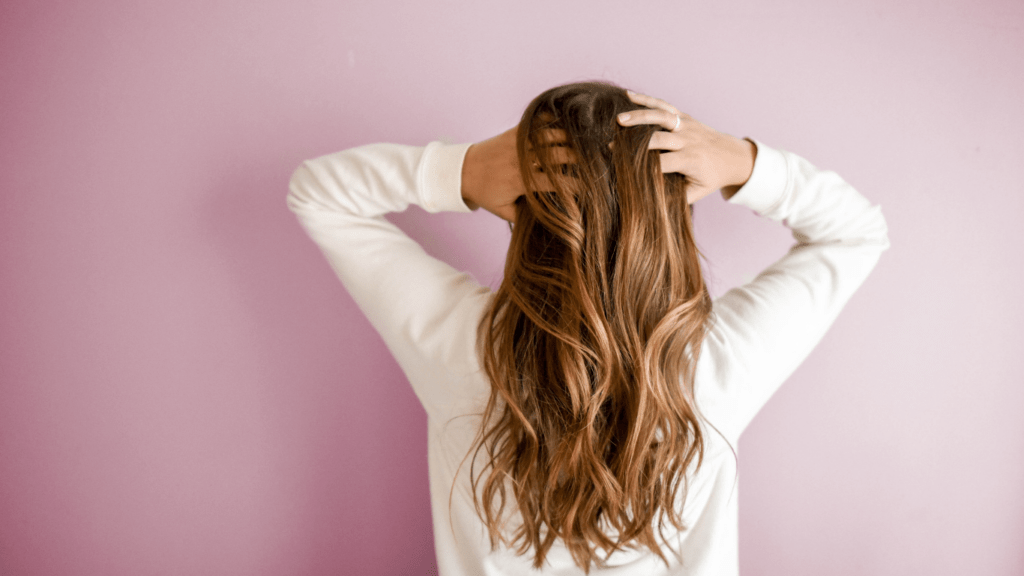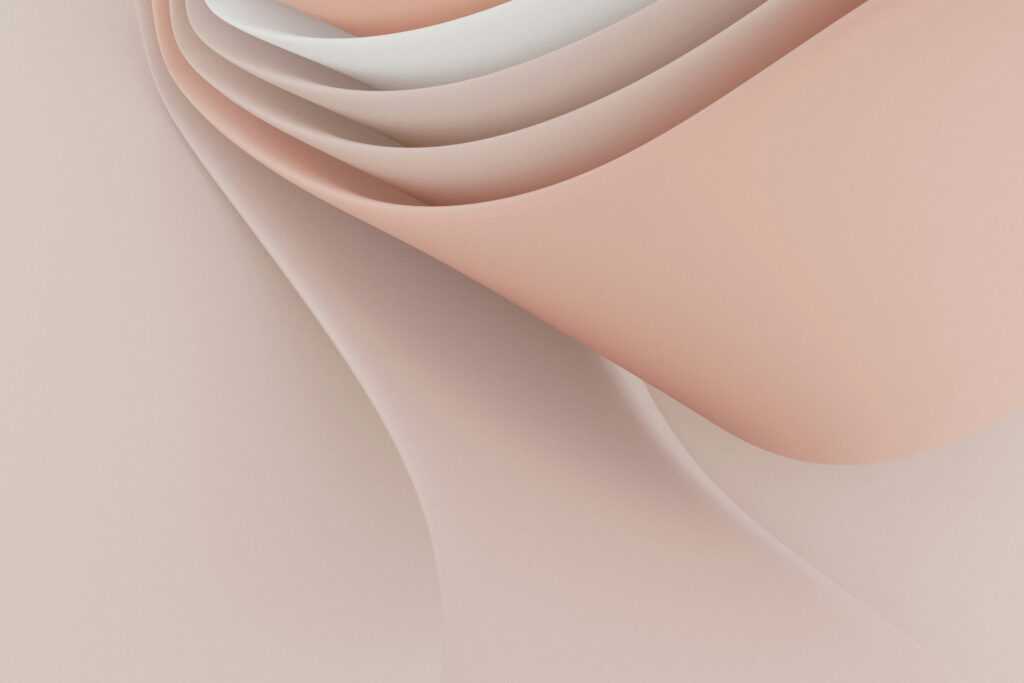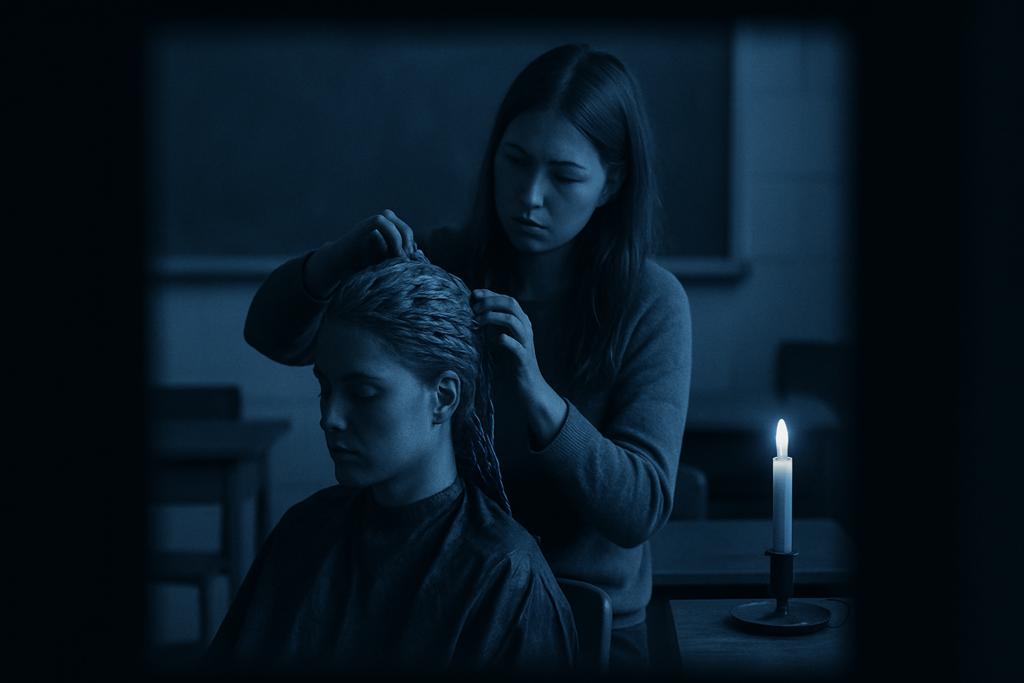Understanding Hair Structure
Each strand of hair has layers: the medulla, cortex, and cuticle. The innermost layer, the medulla, consists of a soft, spongy core. Surrounding the medulla, the cortex forms the majority of the hair shaft, containing fibrous proteins and pigments that give hair its color and strength. The outermost layer, the cuticle, consists of overlapping cells that protect the cortex.
Hair’s health and appearance depend on the integrity of the cuticle. Smooth, closed cuticle cells reflect light, leading to shiny hair. Damaged cuticle cells, on the other hand, cause dullness and brittleness. External factors like heat styling, chemical treatments, and environmental stressors can harm the cuticle.
Understanding these layers helps in choosing the right hair care products. Products targeting cuticle repair can restore shine. Conditioners with protein help strengthen the cortex. Knowing hair structure allows me to address specific concerns effectively, leading to shinier, stronger hair.
Daily Hair Care Routine

A solid daily routine is crucial for shiny, strong hair. Start with the basics to ensure your hair stays healthy and resilient.
Choosing the Right Shampoo and Conditioner
Selecting the right shampoo and conditioner is vital. Look for products free of sulfates and parabens, as these chemicals can strip natural oils. Opt for shampoos with nourishing ingredients like argan oil or keratin. Conditioners should be rich in proteins and vitamins.
Proper Washing Techniques
How you wash your hair matters. Use lukewarm water to avoid drying out your scalp and hair. Apply a small amount of shampoo, focusing on the scalp rather than the ends. Rinse thoroughly, then apply conditioner mainly to the lengths and ends, not the scalp, to prevent greasiness.
Importance of Scalp Care
Healthy hair starts with a healthy scalp. Exfoliate your scalp once a week to remove dead skin cells and product buildup. Use scalp-specific treatments containing tea tree oil or salicylic acid for added benefits. Regular massages boost circulation and promote hair growth.
Nutritional Factors for Healthy Hair
Nutritional factors significantly influence the health of hair. Consuming the right nutrients can lead to shiny, strong hair.
Vitamins and Minerals
Vitamins and minerals are essential for hair health.
- Vitamin A helps with scalp health by producing sebum.
- Find it in carrots and sweet potatoes.
- ps with hair tissue growth and repair. Include beef and oysters in your diet.
- Vitamin E promotes blood flow to the scalp.
- Get it from almonds, spinach, and avocados.
Biotin, a B vitamin, supports hair growth and strength. Eggs, nuts, and seeds are rich in biotin.
Zinc helHydration and Diet
Staying hydrated is crucial for hair health. Water ensures that hair remains moisturized. Drink at least 8 glasses daily. A balanced diet supports hair growth and strength. Include lean proteins like chicken and fish. Healthy fats from avocados and nuts provide the right nutrients. Omega-3 fatty acids found in salmon and flaxseeds improve hair density. Avoid excessive sugar and processed foods, as they can weaken hair.
By focusing on these nutritional factors, you can achieve and maintain shiny, strong hair.
Protecting Hair from Damage
Achieving shiny, strong hair also involves safeguarding it from various forms of damage. Here, I’ll focus on two main areas: heat styling tools and environmental factors.
Heat Styling Tools
Heat styling tools such as:
- blow dryers
- flat irons
- curling irons can cause significant damage if used improperly.
It’s crucial to minimize heat exposure. I recommend using these tools at the lowest effective temperature. Always apply a heat protectant spray before styling to create a barrier and reduce heat damage. Limiting the frequency of heat styling and embracing air-drying can also greatly benefit hair health.
Combating Environmental Damage
Environmental factors like UV rays, pollution, and harsh weather can weaken hair. Using products with UV protection, wearing hats, and incorporating leave-in conditioners can shield hair from sun damage and pollutants. It’s equally important to rinse hair after swimming in chlorine or saltwater to prevent dryness and breakage. Adopting these habits can effectively combat environmental damage, keeping your hair shiny and strong.
Natural Remedies for Shiny Hair
Natural remedies offer effective solutions for achieving shiny hair without harsh chemicals or expensive products. Here, I’ll discuss essential oils and homemade hair masks.
Essential Oils
Essential oils like argan, jojoba, and rosemary provide numerous benefits for hair. Argan oil, rich in vitamin E and fatty acids, restores shine and moisture. Jojoba oil, closely resembling natural scalp sebum, conditions hair, reducing dryness and split ends. Rosemary oil stimulates blood circulation to the scalp, promoting hair growth and enhancing shine. For optimal results, massage a few drops of essential oil into your scalp and hair, then rinse after 30 minutes.
Homemade Hair Masks
Homemade hair masks nourish and revitalize hair using simple ingredients. A popular recipe involves mixing avocado, egg yolk, and olive oil. Avocado provides vitamins and fatty acids, egg yolk adds protein and biotin, and olive oil offers deep hydration. Apply the mask to your hair, leave it on for 20 minutes, then rinse thoroughly. Another effective mask combines honey and yogurt. Honey attracts moisture, and yogurt strengthens hair with proteins and lactic acid. Apply, wait 15 minutes, then rinse to reveal shiny, strong hair.
Professional Treatments
Professional treatments offer advanced solutions for those aiming to achieve shiny, strong hair. These treatments often use specialized techniques and high-quality products for noticeable results.
Salon Services
Salons provide a range of services to enhance hair health. Keratin treatments smooth and add shine by infusing hair with keratin. Hair gloss treatments improve color vibrancy and shine by sealing hair cuticles. Scalp treatments cleanse and nourish the scalp, addressing issues like dryness and dandruff.
Over-the-Counter Treatments
Over-the-counter treatments offer convenient options for at-home hair care. Deep conditioning masks and protein treatments strengthen hair and restore moisture. Leave-in conditioners protect hair from daily damage while adding shine. Hair serums, often containing silico




